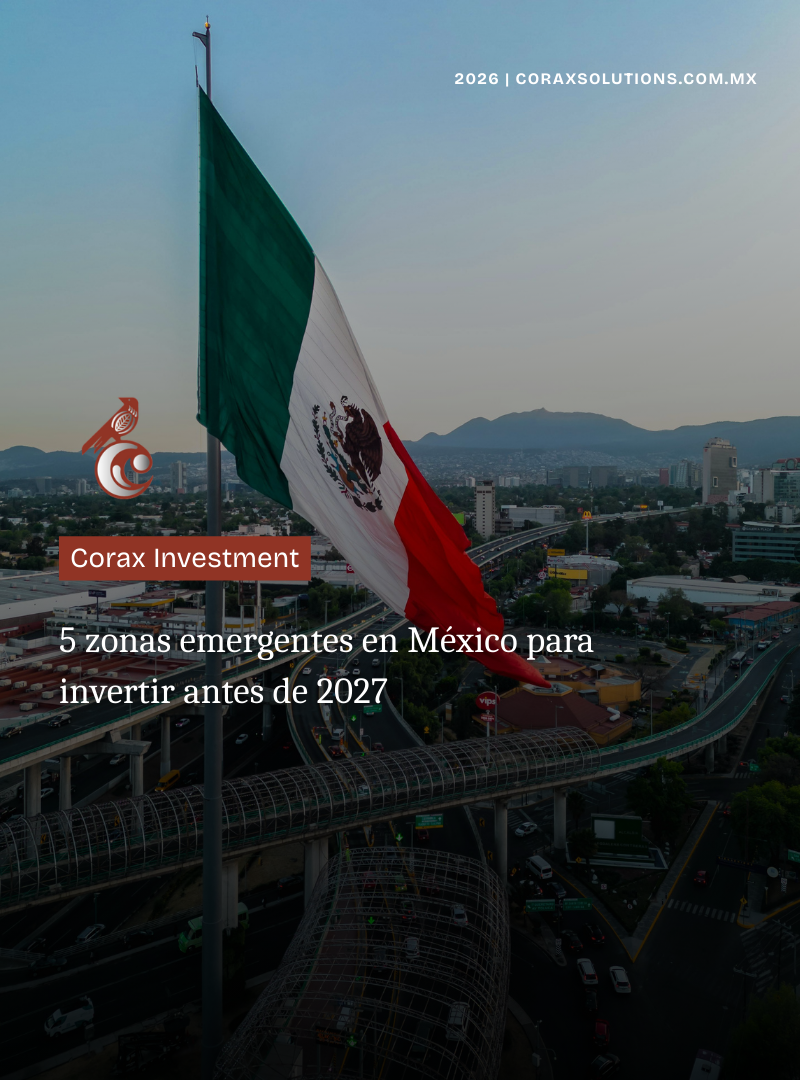Full Ownership vs. Fractional Ownership: Which is the Best Option for You?
- collective creators
- Oct 17, 2024
- 2 min read
In the world of real estate investment, understanding the differences between full ownership and fractional ownership is crucial for making informed decisions that align with your financial and personal goals. At Corax Solutions, we offer both models and want to ensure our clients understand the advantages and characteristics of each to maximize their investment potential.

Full Ownership: Total Control and Long-Term Commitment
Definition and Key Features: Full ownership is the traditional form of real estate ownership where the investor acquires 100% of the property title. This model offers total control over the property, including decisions regarding its use, modifications, rental, and sale.
Financial Advantages:
Long-term appreciation: Generally, full ownership properties tend to increase in value over time, providing significant returns on the initial investment.
Control over rental income: Owners can decide when and how to rent their property, maximizing income during peak seasons.
Property Management:
Direct responsibility: Managing the property falls entirely on the owner, which can be both a benefit and a challenge, depending on their willingness and ability to handle daily operations and maintenance.
Fractional Ownership: Accessibility and Flexibility
Definition and Key Features: Fractional ownership allows multiple investors to share ownership of a property. Each owner holds a share of the property title and has rights to use the property during designated periods of the year.
Financial Advantages:
Access to luxury properties: Fractional ownership significantly lowers the entry barrier, allowing investors to access higher-value properties with a lower initial investment.
Risk diversification: By sharing ownership with others, financial risks are also shared, which can be especially attractive for new investors
Property Management:
Professional management: Fractional properties are typically managed by specialized companies, removing the burden of daily management and maintenance from the owners.
Investment Flexibility:
Ease of exit: Selling a fractional share can be easier and faster than selling a full property, especially in fluctuating markets..
.png)



Comments